Have you ever imagined what it would take to wipe of all life from Earth? It turns out that another mass extinction is highly improbable.
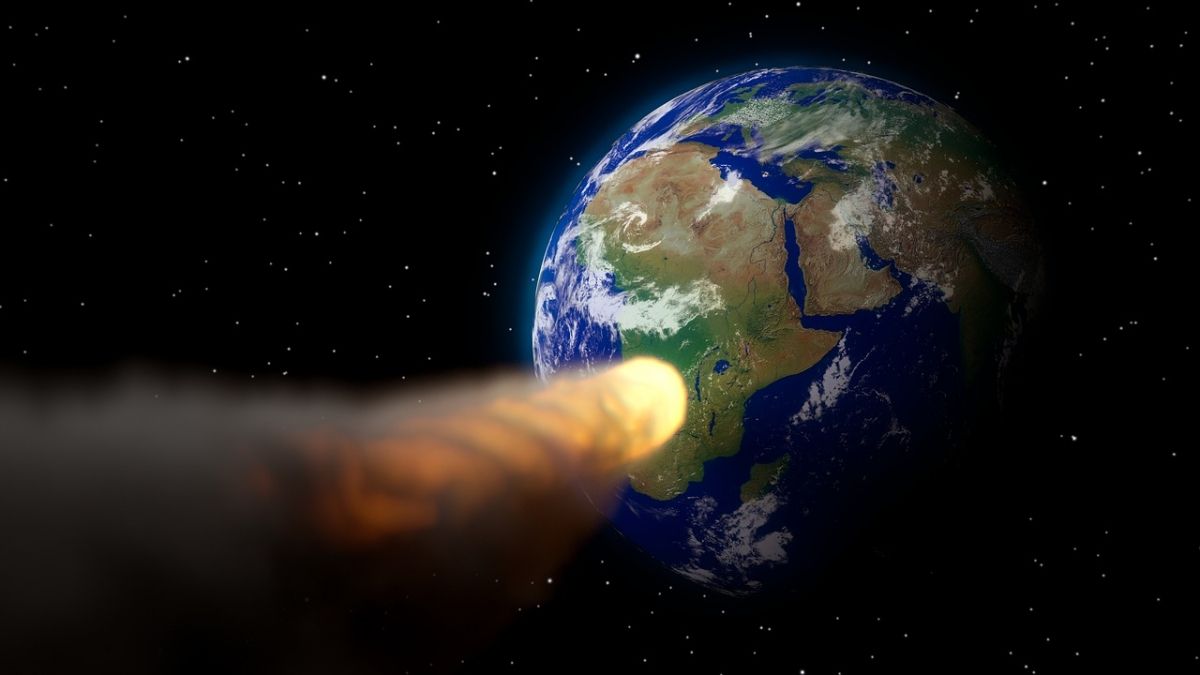

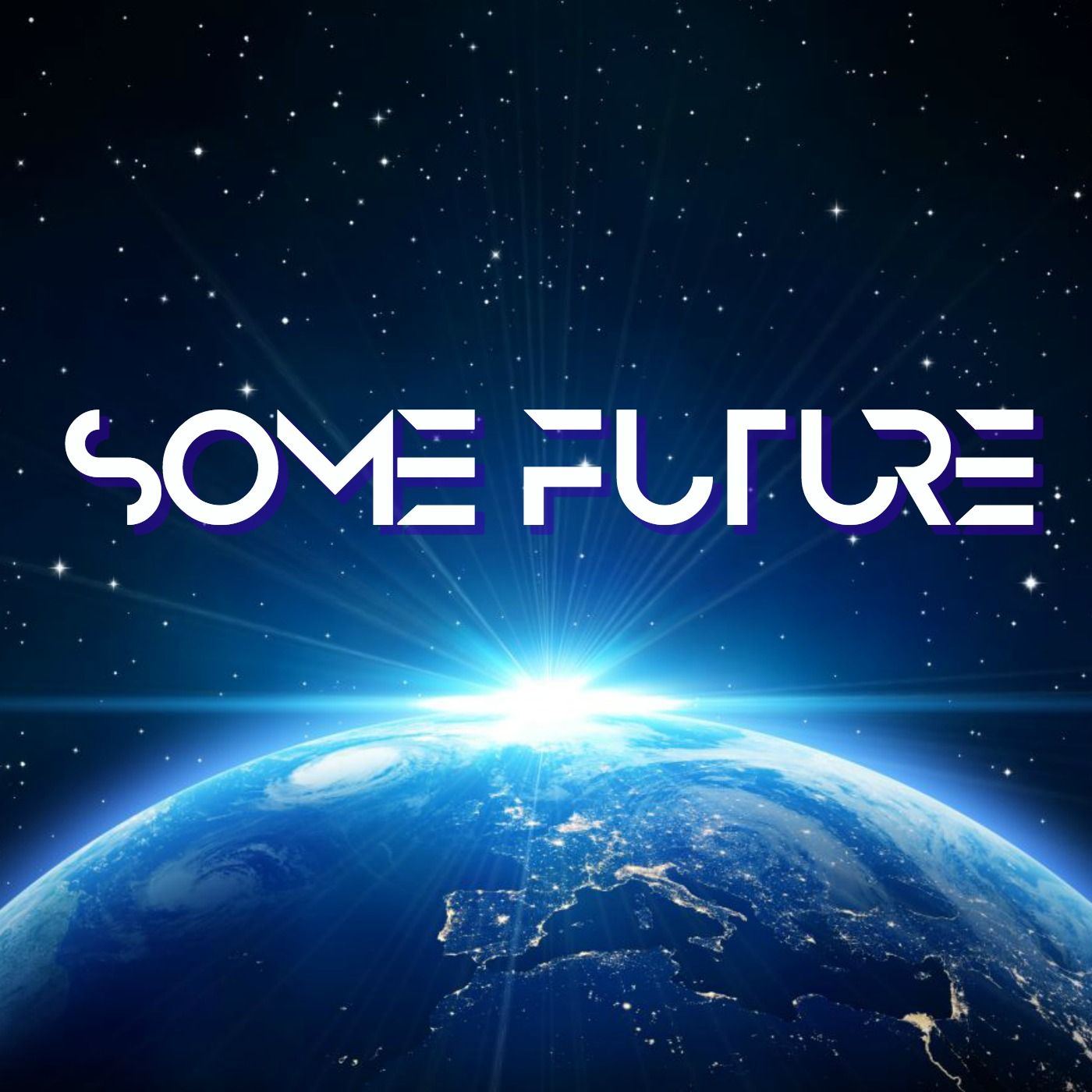
New SomeFuture podcast out. My 45-min interview starts at 55 min and is on #transhumanism:
Introduction: (0:11–1:29)
Present Futures: Animal AND Human Extinction?: (1:30–12:51)
Present Futures: Technology to fix climate change: (12:52–26:53)
PaleoFutures- Philip K. Dick: (26:57–40:06)
FizBiz- Investing in Real Estate: (40:07–53:04)

Innovation will do more good than harm, he says.
You know a topic is trending when the likes of Tesla’s Elon Musk and Facebook’s Mark Zuckerberg publicly bicker about its potential risks and rewards. In this case, Musk says he fears artificial intelligence will lead to World War III because nations will compete for A.I. superiority. Zuckerberg, meanwhile, has called such doomsday scenarios “irresponsible” and says he is optimistic about A.I.
But another tech visionary sees the future as more nuanced. Ray Kurzweil, an author and director of engineering at Google, thinks, in the long run, that A.I. will do far more good than harm. Despite some potential downsides, he welcomes the day that computers surpass human intelligence—a tipping point otherwise known as “the singularity.” That’s partly why, in 2008, he cofounded the aptly named Singularity University, an institute that focuses on world-changing technologies. We caught up with the longtime futurist to get his take on the A.I. debate and, well, to ask what the future holds for us all.
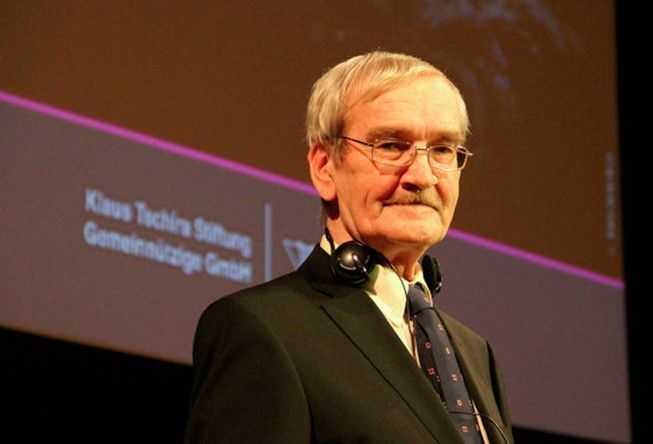
A Soviet officer who prevented a nuclear crisis between the US and the USSR and possible World War III in the 1980s has quietly passed away. He was 77. In 2010 RT spoke to Stanislav Petrov, who never considered himself a hero. We look at the life of the man who saved the world.
A decision that Soviet lieutenant colonel Stanislav Petrov once took went down in history as one that stopped the Cold War from turning into nuclear Armageddon, largely thanks to Karl Schumacher, a political activist from Germany who helped the news of his heroism first reach a western audience nearly two decades ago.
On September 7, Schumacher, who kept in touch with Petrov in the intervening years, phoned him to wish him a happy birthday, but instead learned from Petrov’s son, Dmitry, that the retired officer had died on May 19 in his home in a small town near Moscow.
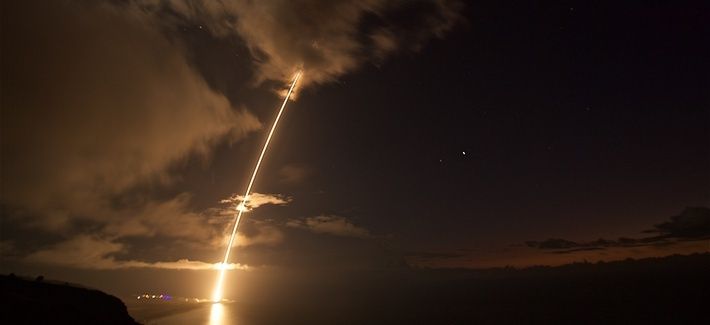
It’s time national leaders speak realistically about missile defense.
The number one reason we don’t shoot down North Korea’s missiles is that we cannot.
Officials like to reassure their publics about our defense to these missiles. Japanese Chief Cabinet Secretary Yoshihide Suga told his nation after last week’s test, “We didn’t intercept it because no damage to Japanese territory was expected.”
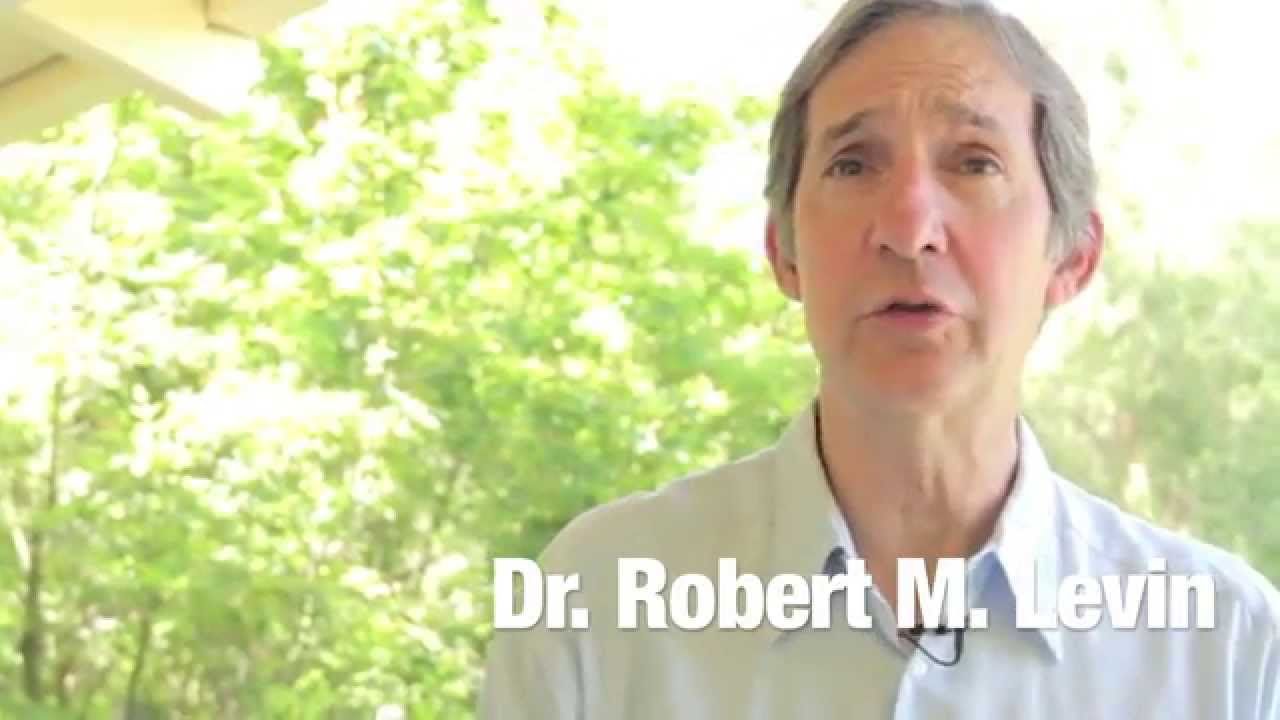
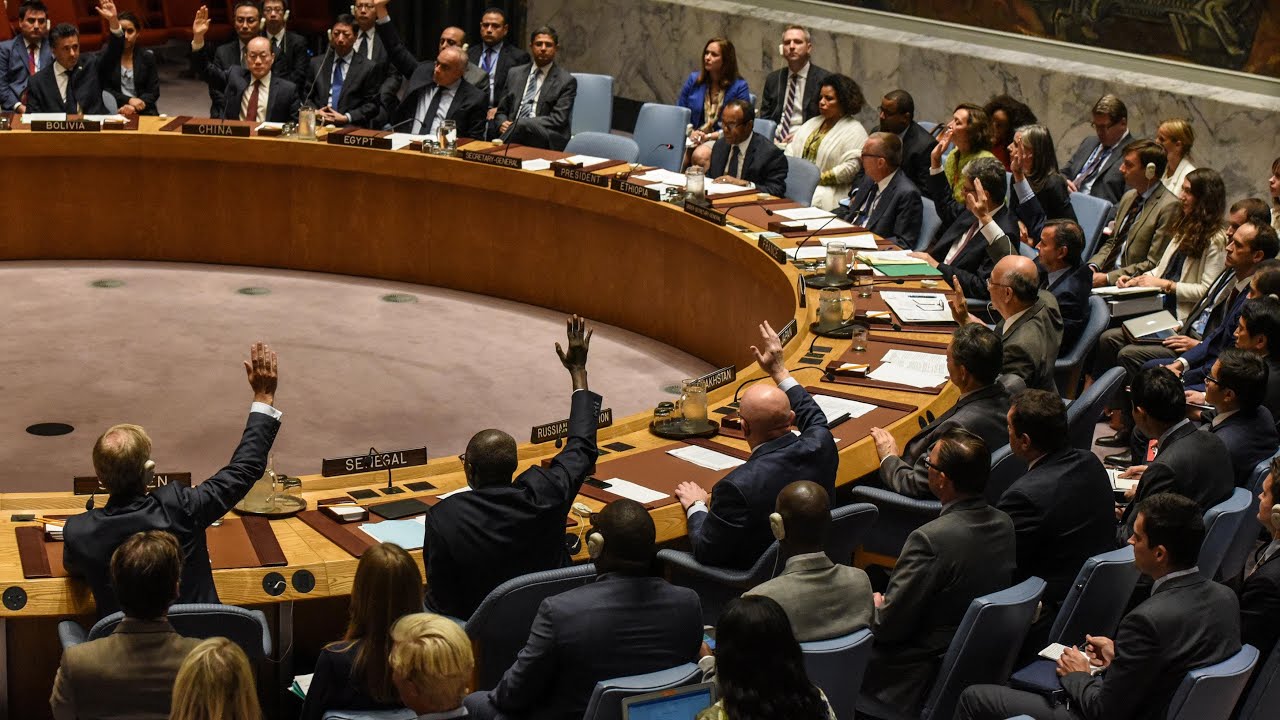
[youtube_sc url=“https://www.youtube.com/watch?v=oXNl-tiAdRo”]
How will our relationship to technology evolve in the future? Will we regard it as something apart from ourselves, part of ourselves, or as a new area of evolution? In this new video from the Galactic Public Archives, Futurist Gray Scott explains that we are a part of a technological cosmos. Do you agree with Scott that technology is built into the universe, waiting to be discovered?
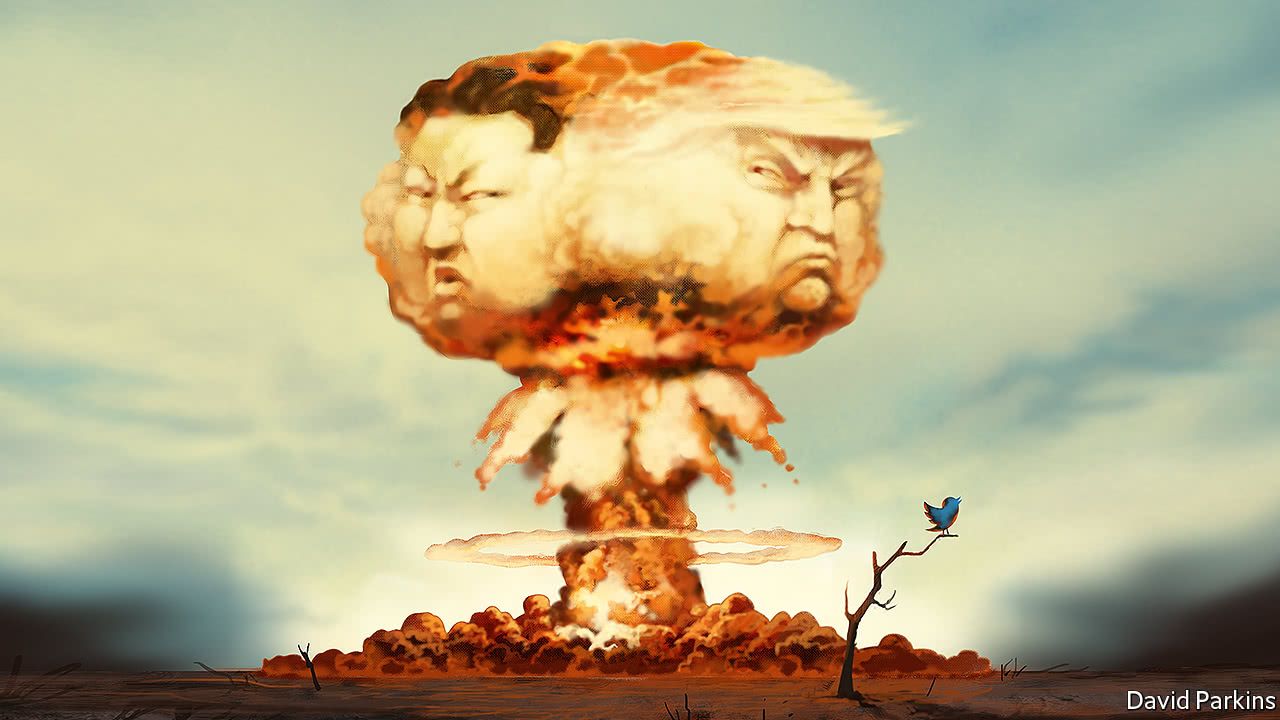
IT IS odd that North Korea causes so much trouble. It is not exactly a superpower. Its economy is only a fiftieth as big as that of its democratic capitalist cousin, South Korea. Americans spend twice its total GDP on their pets. Yet Kim Jong Un’s backward little dictatorship has grabbed the attention of the whole world, and even of America’s president, with its nuclear brinkmanship. On July 28th it tested an intercontinental ballistic missile that could hit Los Angeles. Before long, it will be able to mount nuclear warheads on such missiles, as it already can on missiles aimed at South Korea and Japan. In charge of this terrifying arsenal is a man who was brought up as a demigod and cares nothing for human life—witness the innocents beaten to death with hammers in his gigantic gulag. Last week his foreign ministry vowed that if the regime’s “supreme dignity” is threatened, it will “pre-emptively annihilate” the countries that threaten it, with all means “including the nuclear ones”. Only a fool could fail to be alarmed.
What another Korean war might look like
Yet the most serious danger is not that one side will suddenly try to devastate the other. It is that both sides will miscalculate, and that a spiral of escalation will lead to a catastrophe that no one wants. Our briefing this week lays out, step by step, one way that America and North Korea might blunder into a nuclear war (see article). It also lists some of the likely consequences. These include: for North Korea, the destruction of its regime and the death of hundreds of thousands of people. For South Korea, the destruction of Seoul, a city of 10m within easy range of 1,000 of the North’s conventional artillery pieces. For America, the possibility of a nuclear attack on one of its garrisons in East Asia, or even on an American city. And don’t forget the danger of an armed confrontation between America and China, the North’s neighbour and grudging ally. It seems distasteful to mention the economic effects of another Korean war, but they would of course be awful, too.
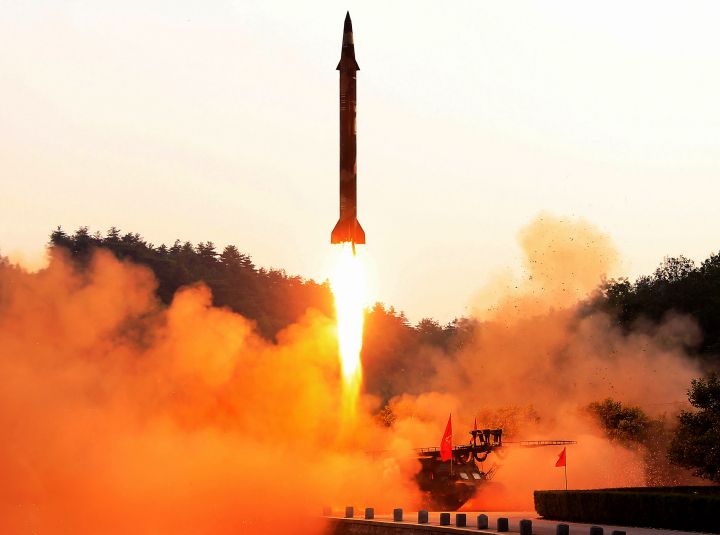
Gold climbed to the highest since mid-June, pushing up mining-company shares amid military tensions between the U.S. and North Korea.
Equities slid and the Swiss franc and some developed-market government bonds advanced as President Donald Trump threatened North Korea with “fire and fury” following a series of missile tests by the communist regime, boosting demand for haven assets. Gold also climbed after Indian imports of the metal were said to have doubled.
The U.S. North-Korea tensions add to investor angst that has helped push up gold more than 10 percent this year, even with equities hitting records and the Federal Reserve keen to shrink its balance sheet. Should geopolitical tensions intensify, gold is likely to be in demand as a safe-haven, according to analysts at Commerzbank AG.